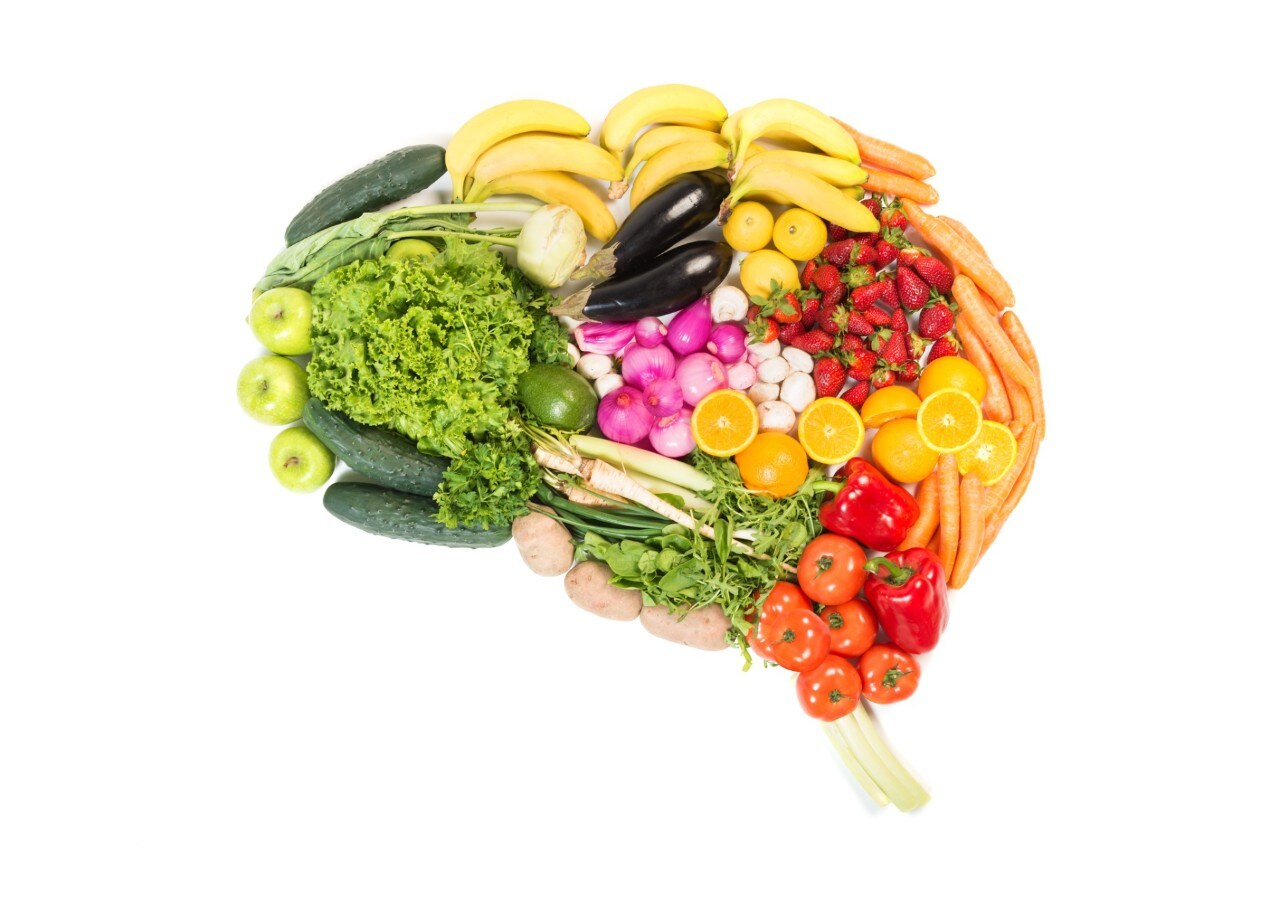Want to help your health? It is time to go with your gut!
Meaning: it is time to focus on your digestive health. Research is continuing to demonstrate that the gut microbiome can impact digestive function, immune function and even mood.1-4 So, when my patients ask me questions about how they can optimize their digestive tract, here are some of the simple details I share with them.
What Is The Gut Microbiome?
Like a forest contains wild animals, trees, grasses and weeds, the gut microbiome is a dynamic environment within your gastrointestinal tract made up of numerous species. Microbes – including bacteria, viruses, archea and others – each serve various functions, like roles in metabolism and digestion, protection against pathogens, and as communicators to the immune system.1
Just like a person would want an ideal harmony of all species when entering a forest for better health (you would likely want friendly animals and sun protection from a canopy of trees, right?), a harmony of microbes within the gastrointestinal tract may more favorably alter health. For example, recent research demonstrates that dysbiosis (i.e. a microbiome that is off balance) can change the immune system and encourage the development of immune-related diseases like inflammatory bowel disease, type 1 diabetes, allergies and asthma.5
What Are Probiotics?
Probiotics are live bacteria and yeasts that, when consumed in adequate amounts, can be beneficial for your microbiome and beneficial for your health. Once consumed, probiotics may favorably alter the gut microbiome. In fact, in 2006, authors in the American Journal of Clinical Nutrition wrote, “there is now strong evidence for [probiotic] use in treating and preventing some human diseases.” 6
Probiotics are found naturally occurring in foods like yogurt, kefir, cultured vegetables, kombucha and sauerkraut, added as an ingredient in some functional foods or in dietary supplements.
Is It Safe To Take Probiotics?
For many people, it appears safe to take probiotics. In fact, probiotics have an “excellent overall safety record.” 6
But, for some – including those with compromised immune systems, a compromised intestinal tract or a central venous catheter – taking a probiotic may not be appropriate.6
As with all dietary supplements and concerns about your health, always check with your qualified healthcare practitioner to determine if a probiotic is right for you.
What Should I Look For When Choosing A Probiotic?
Because probiotics are live organisms, they require certain conditions in order to survive. If considering a probiotic supplement, I suggest selecting a supplement that offers an assortment of diverse, effective strains of bacteria. It is also important to find a supplement that will stay potent throughout its shelf life. Things to consider are bottles that restrict light and moisture (which can damage the beneficial bacteria) and supplements that are properly stored (some probiotic supplements require refrigeration).
What Are Prebiotics?
Just like you need food to nourish your body, probiotics need “food” to provide nourishment, too. The “food” for probiotics is special dietary fibers referred to as “prebiotics.” Prebiotics are found in foods like asparagus, leeks, onions, garlic, green banana flour, wheat and oats, and they help probiotics grow and thrive.7-8 Choose these foods more often to facilitate a healthier gut microbiome!
While research continues to explore the various influences of the gut microbiome on health, there is one thing I have a gut feeling about: supporting the health of your gut is essential for supporting the health of your body.










